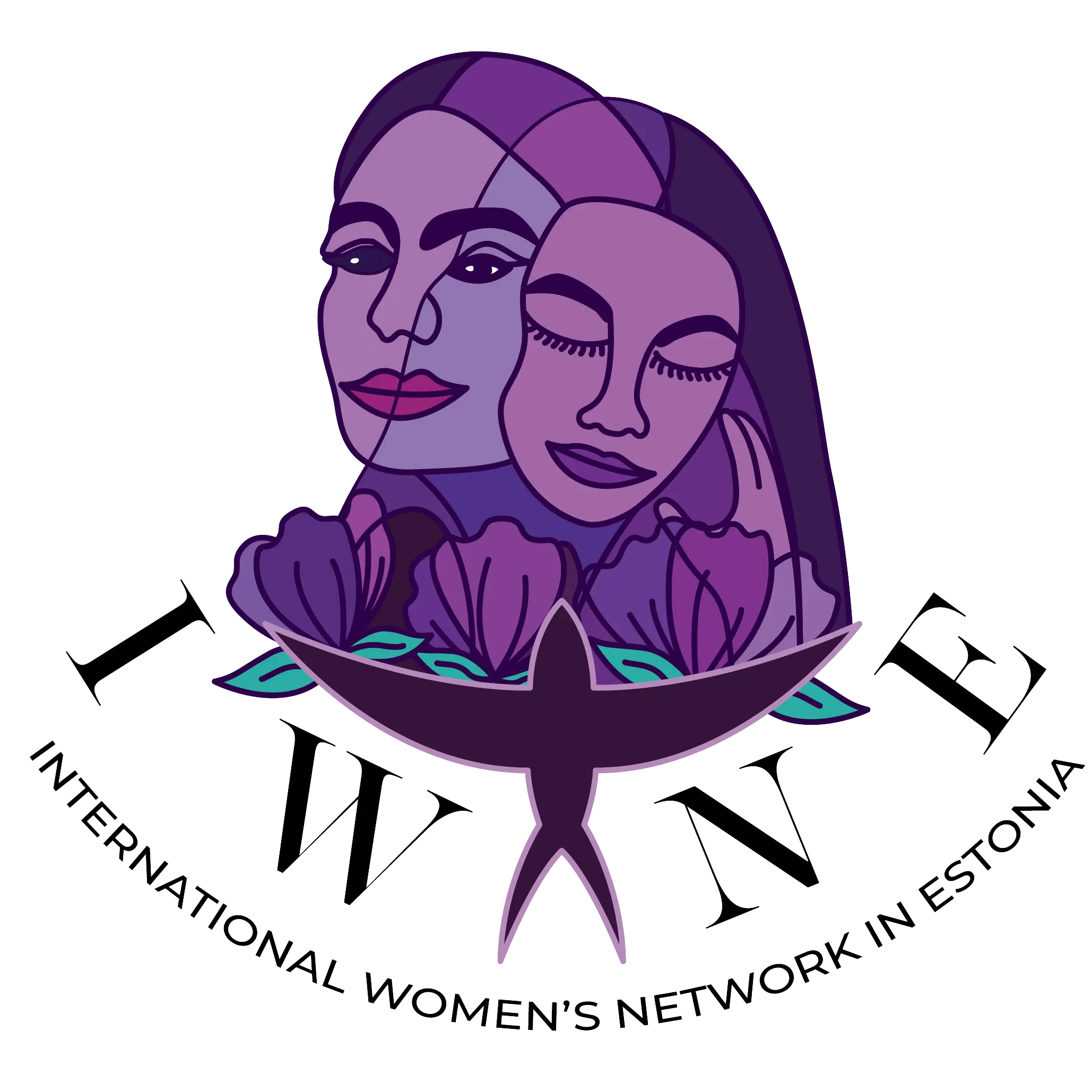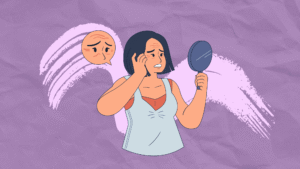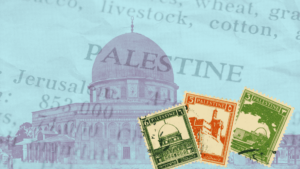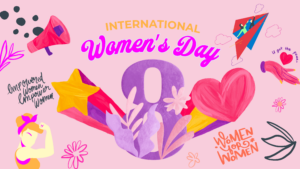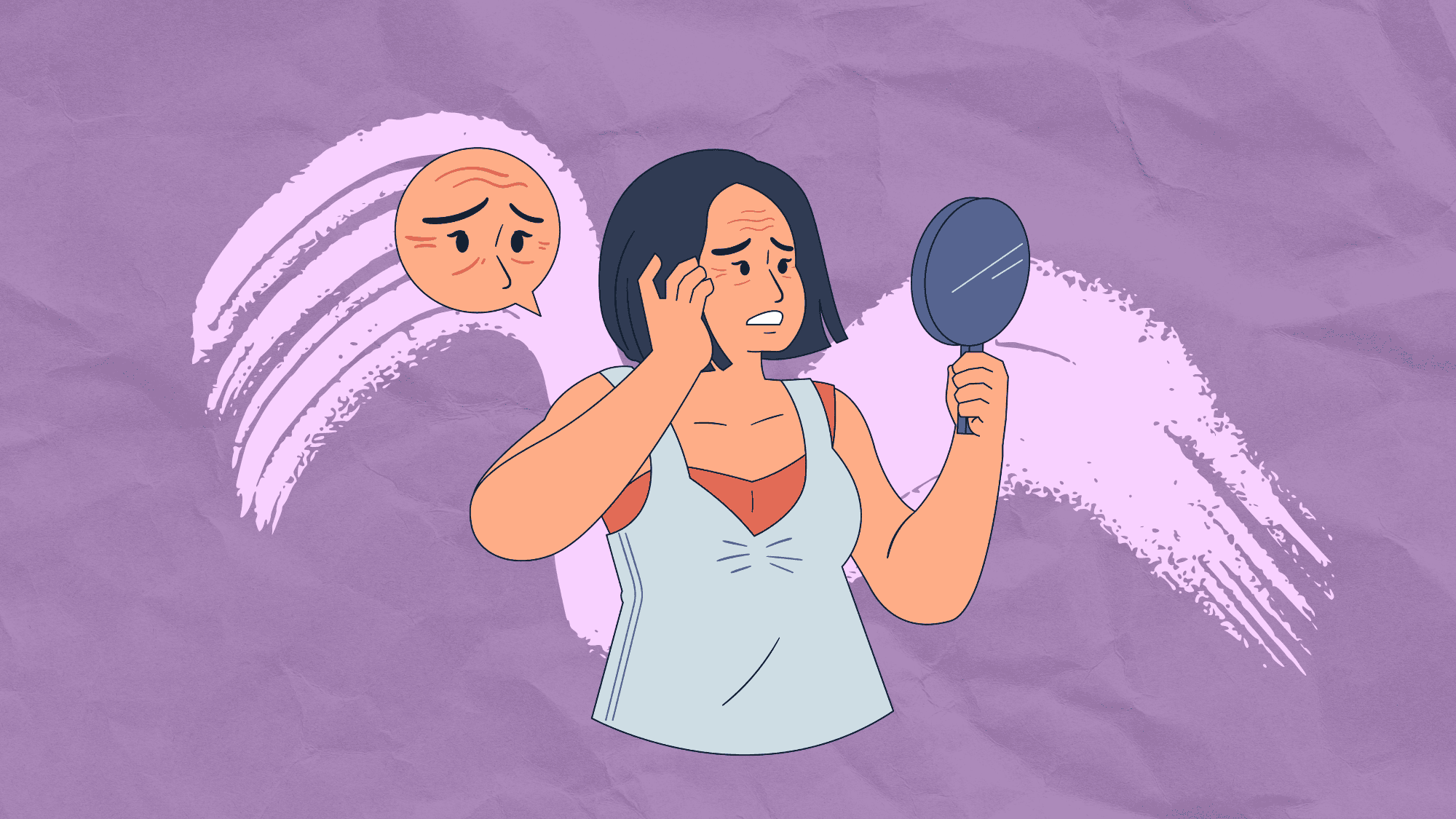The climate crisis affects everyone, but it does not affect everyone equally. Women, who already make up the majority of the world’s poor, are at the forefront of facing disproportionate impacts of the climate crisis. UN figures note that 80% of the people displaced by climate change are women (Halton, 2018). There remain several intersecting factors that exacerbate the consequences of the climate crisis for women: they make up the majority of people living in poverty, they are burdened with the responsibility of looking after their families and their lives are often rendered unimportant as compared to males. The feminist circles and movements have, therefore, placed patriarchy as one of the root causes of the climate crisis, and this puts climate justice as a global feminist issue.
Patriarchal Masculinity and Climate Crisis
Every society has a gender order, with a particular arrangement of political, economic, and social relations of power that reinforces the gender hierarchies within that society. According to Arlene Tickner, patriarchy is “a political-social system rooted in socially defined gender roles that operates to create both oppression and privilege,” and it insists that particular men are naturally superior to those perceived as weak, in particular females (Schmidt, 2023). Furthermore, patriarchal masculinities refer to beliefs and practices that assert the dominance of masculinity over femininity, reinforcing men’s authority and control over women (Wageni, nd). In this article, I argue that amidst climate crises, patriarchal masculinities become even more pronounced, eventually paving the way for gender inequality and broader power hierarchies. This eventually puts women at a further disadvantage during the climate crisis.
Gendered Vulnerability
The catastrophic floods of 2022 in Pakistan remind us why the feminist cause of bringing attention to gender inequities is essential when it comes to dealing with climate crises. In 2022, Pakistan experienced the harshest flood in the country’s history, displacing 20 to 50 million people, destroying two million homes, and obliterating thousands of acres of agricultural land (Bhutto, 2023). Even in the areas where there was an emergency imposed, there were villages, such as Basti Ahmad Din, where only men were allowed to go to the refugee/relief camps, and the women were prevented from going to relief camps, with ‘honour’ being the reason (France 24, 2022). In a patriarchal society, women are often associated with the ‘honour’ of men, and a refugee/relief camp could be a site where there could be a chance to interact with the opposite gender; thus, the women may bring ‘shame’ to their families. This shows that gender norms during times of crisis prevent women from securing themselves, making their position more vulnerable.
Moreover, the concept of shame and honour also prevents women from accessing reproductive healthcare facilities as well in such cases. Bhutto (2023) cites that nearly 700,000 pregnant women in Pakistan were deprived of maternal healthcare during the 2022 floods. A report published by the Human Rights Commission of Pakistan showed that despite clinics set up in the relief camps, traditional barriers were a hurdle in letting women access reproductive health as a sense of loss of dignity was there due to unavoidable proximity to strangers while getting treatment (Moazzam, 2023). This is how patriarchal masculinity in the form of an honour code prevents women’s access to safe sites and health benefits.
Normalisation of Physical and Sexual Violence
Patriarchal masculinity builds on men’s resistance to women’s independence and control over women’s bodies. Climate crises, as suggested by this article, further aggravate physical violence against women. Memon’s (2020) work on climate change and violence against women in flood-affected areas in Sindh, Pakistan, shows that women experience emotional, physical, and sexual violence by family members as well as by strangers due to social and cultural norms, roles, and responsibilities. One of her respondents shared the following experience with domestic violence:
“Yes, my husband shouts at me and slaps me if I am unable to give him cold water when he is back after a hard day’s work; but what can I do, at times I don’t find ice, and sometimes I can’t afford to buy it for him.” (Memon, 2020)
In Pakistan, where gender roles are predefined for women and men, the former are generally responsible for household chores and often do not enjoy the privilege of relaxation when it comes to these assigned duties. Memon (2020) and the respondent mentioned above’s comment highlight that less education, restricted access to resources, weaker economic conditions, and lack of decision-making power among women in a traditional society like Pakistan increase their vulnerability in case of climate crises. This experience reflects that there remains a strong link between climate disasters and patriarchal dominance, where women become easy targets for men to vent their frustrations.
Unpacking the Layers of Insecurity for Women
We must realize that our discussions on the climate crisis and reaching climate goals will remain inadequate without paying attention to who and how it impacts people differently within a society. The decisions made without paying attention to the marginalised communities at the periphery will not yield positive outcomes. The above examples and cases show that injustices related to climate crises find their roots in patriarchal masculinities. This article highlights that during climate crises, vulnerabilities among women stem from the socioculturally constructed gender roles instead of patriarchy’s general rhetoric about the inherent biological weakness of women. The gender disparities are emboldened during the climate crises, where women, constrained by socioculturally constructed gender roles and responsibilities, are more exposed to vulnerabilities as compared to men.
There is a need to realize that women face multidimensional insecurities during the climate crises, which increases social injustice against them. To help women overcome these social injustices during climate disasters, there is first a need to engage in narrative analysis and discussions with marginalised communities to understand what contributes to injustice. Sitting and listening to those marginalised the most in cases of climate crisis would allow us to decipher the different insecurities marginalised communities experience.
What Can Be Done? A Feminist Approach
Feminist approaches to critical climate justice call for attention to intersectional analysis, where the lived experiences of differently situated subjects are heard (Sultana, 2022). We must address how people are impacted, considering their class, race, gender, and geography. It is equally important that we realize that addressing the climate crisis, at its core, is far more than just reducing carbon emissions; it also demands that we recognize and dismantle the oppressive mechanisms at play that disproportionately impact women and marginalised groups. While there cannot be a fixed solution to climate injustice, utilising the feminist approach to climate justice, we must integrate community knowledge from local people about their environments instead of top-down solutions. We must develop community-based health initiatives and locally-led adaptation strategies that are culturally relevant and sustainable to counter the climate crisis.
Transitioning from a patriarchal and capitalist to a feminist approach in tackling and addressing the climate crisis will allow us to adopt adaptation strategies that center around inclusive and equitable solutions. As Sultana (2022) argues, decision-makers should pay attention to gender, race, class, and other axes of differences to formulate more equitable solutions without their approach of ‘one size fits all.’ The article proposes that by challenging patriarchal masculinity, the feminist approaches to climate justice can propose climate responses that are more equitable and just.
Bibliography
Bhutto, F. (2023, March 26). There’s no greater feminist cause than the climate fight – and saving each other. The Guardian. https://www.theguardian.com/commentisfree/2023/mar/26/climate-change-crisis-women-feminism-pakistan-floods
France 24. (2022, September 8). “A matter of honour”: Women forced to stay in flooded Pakistan Village. https://www.france24.com/en/live-news/20220908-a-matter-of-honour-women-forced-to-stay-in-flooded-pakistan-village
Halton, M. (2018, March 8). Climate change “impacts women more than men.” BBC News. https://www.bbc.com/news/science-environment-43294221
Memon, F. S. (2020). Climate change and violence against women: Study of a flood-affected population in the rural area of Sindh, Pakistan. Pakistan Journal of Women’s Studies: Alam-e-Niswan, 27(1), 65–85. https://doi.org/10.46521/pjws.027.01.0039
Moazzam, F. Z. (2023, March 8). Lasting toll of multiple climate disasters on Pakistan’s women. Dialogue Earth. https://dialogue.earth/en/climate/lasting-toll-of-climate-disasters-on-pakistan-women/
Schmidt, A. (2023, October 31). Understanding masculinities to dismantle patriarchal power structures. International Peace Institute. https://www.ipinst.org/2023/10/understanding-masculinities-to-dismantle-patriarchal-power-structures#6
Sultana, F. (2022). Critical climate justice. The Geographical Journal, 188(1), 118-124. https://doi.org/10.1111/geoj.12417
Ullah, W., Dong, H., Shah, A. A., Alotaibi, B. A., Khursid, M., & Nihei, T. (2024). Unseen suffering: Social injustice among women during climate-induced migration in Pakistan. Climate Risk Management. https://doi.org/10.1016/j.crm.2024.100663
Wageni, E. (n.d.). Masculinities, patriarchy and climate change. HeForShe. https://www.heforshe.org/en/masculinities-patriarchy-and-climate-change#:~:text=Women’s%20socio%2Deconomic%20circumstances%20make,water%20and%20firewood%20for%20households.
Wani, S. A. (2023). Development and militarization in Balochistan, Pakistan. Strategic Analysis, 47(5), 478–494. https://doi.org/10.1080/09700161.2023.2288993
